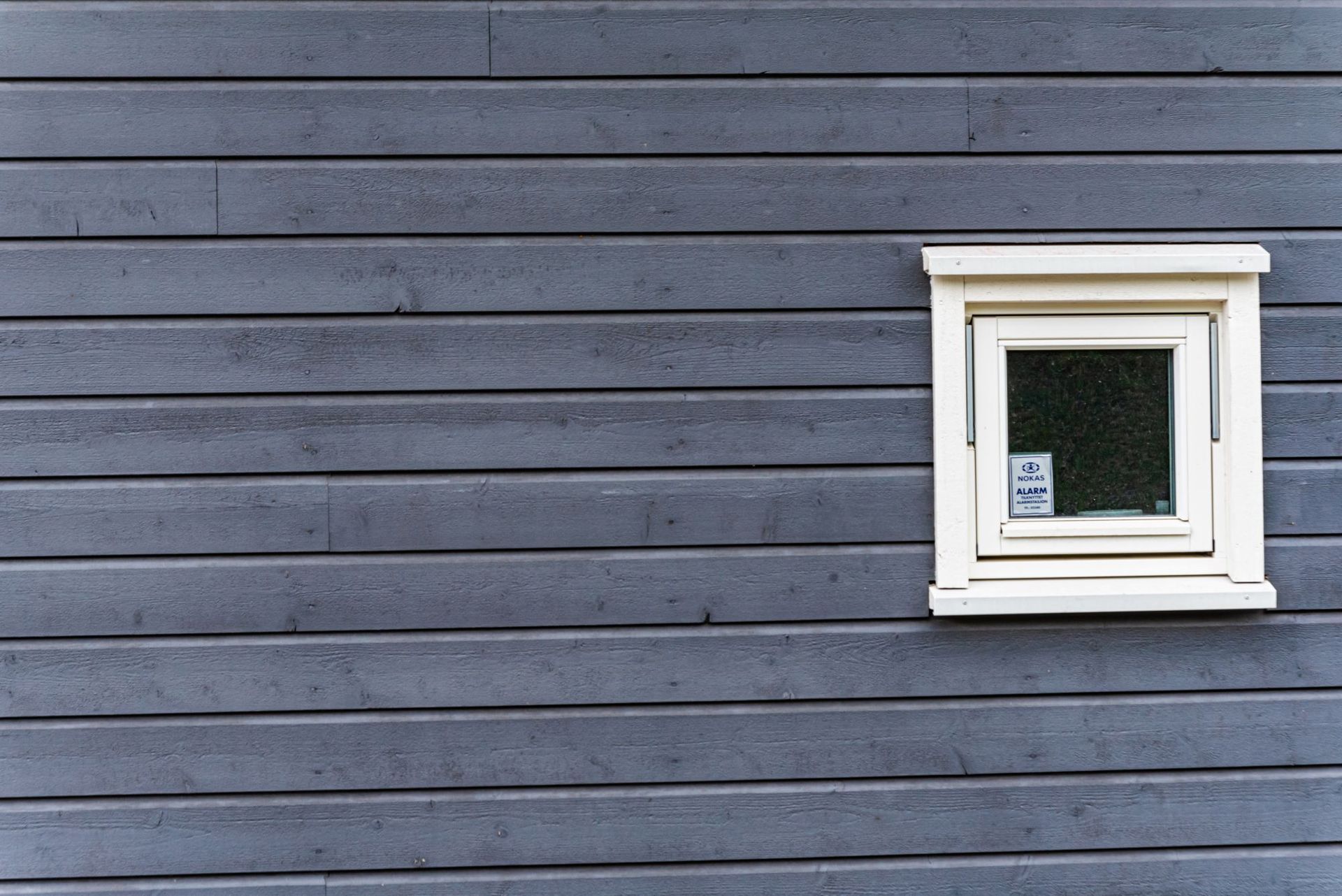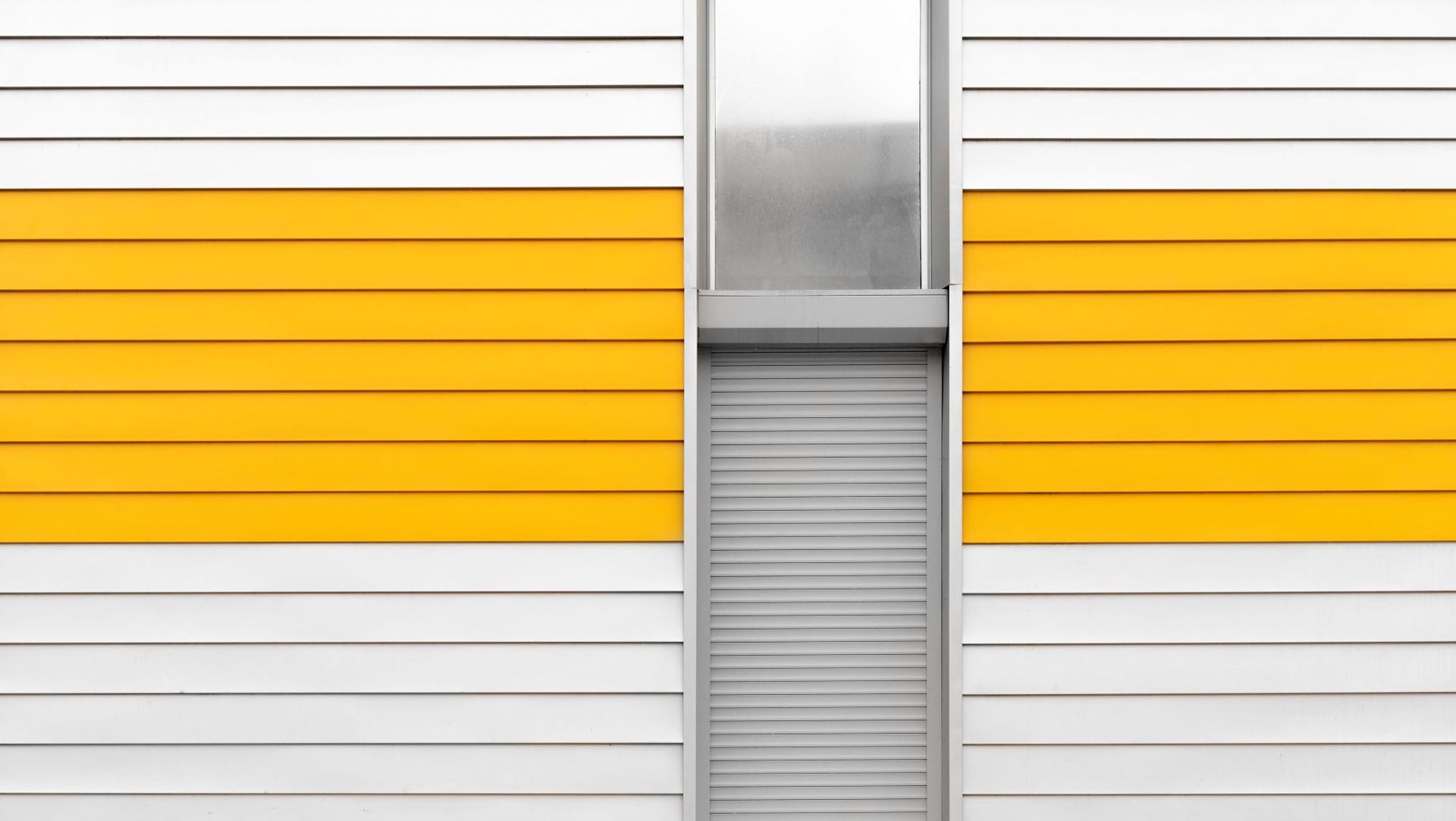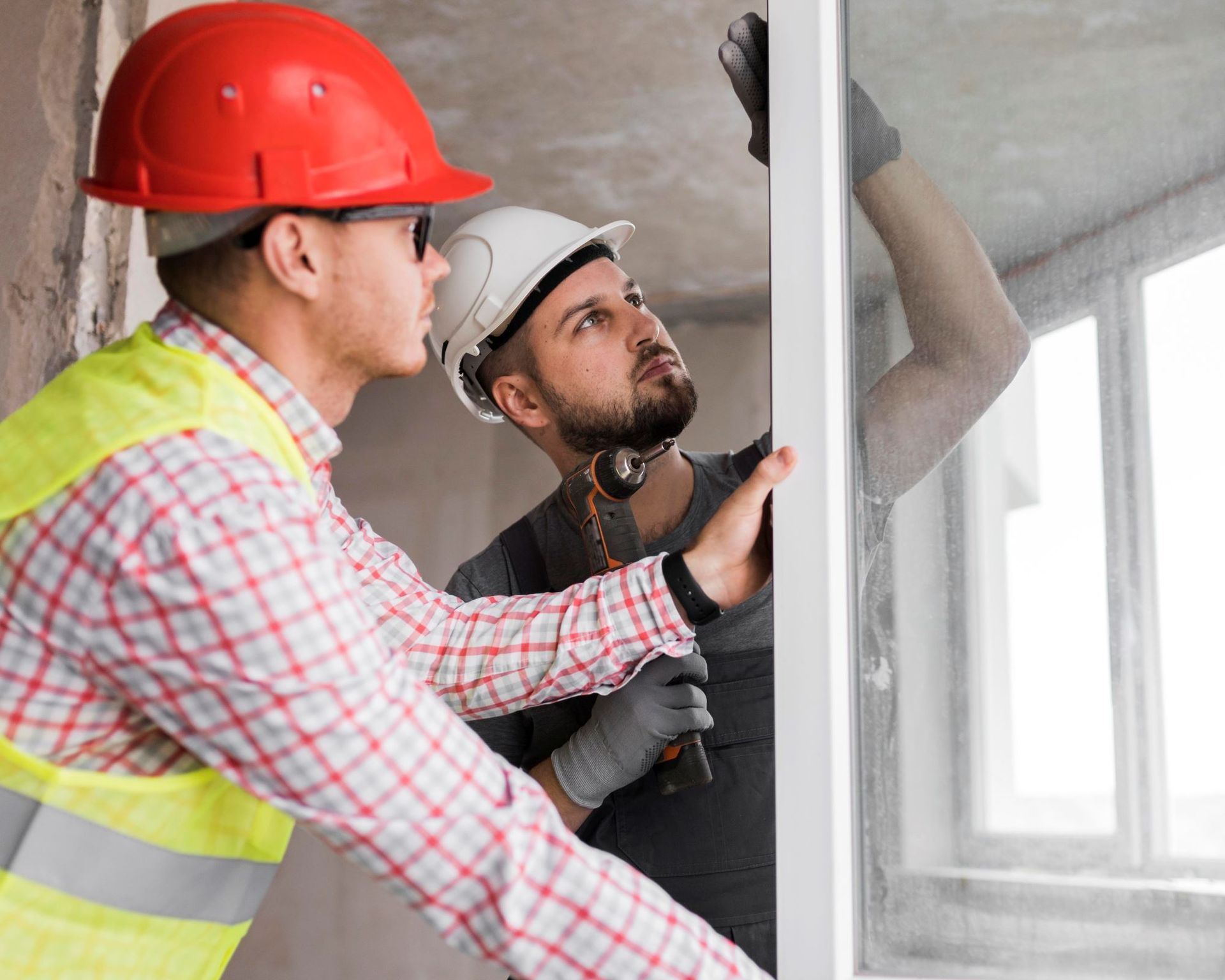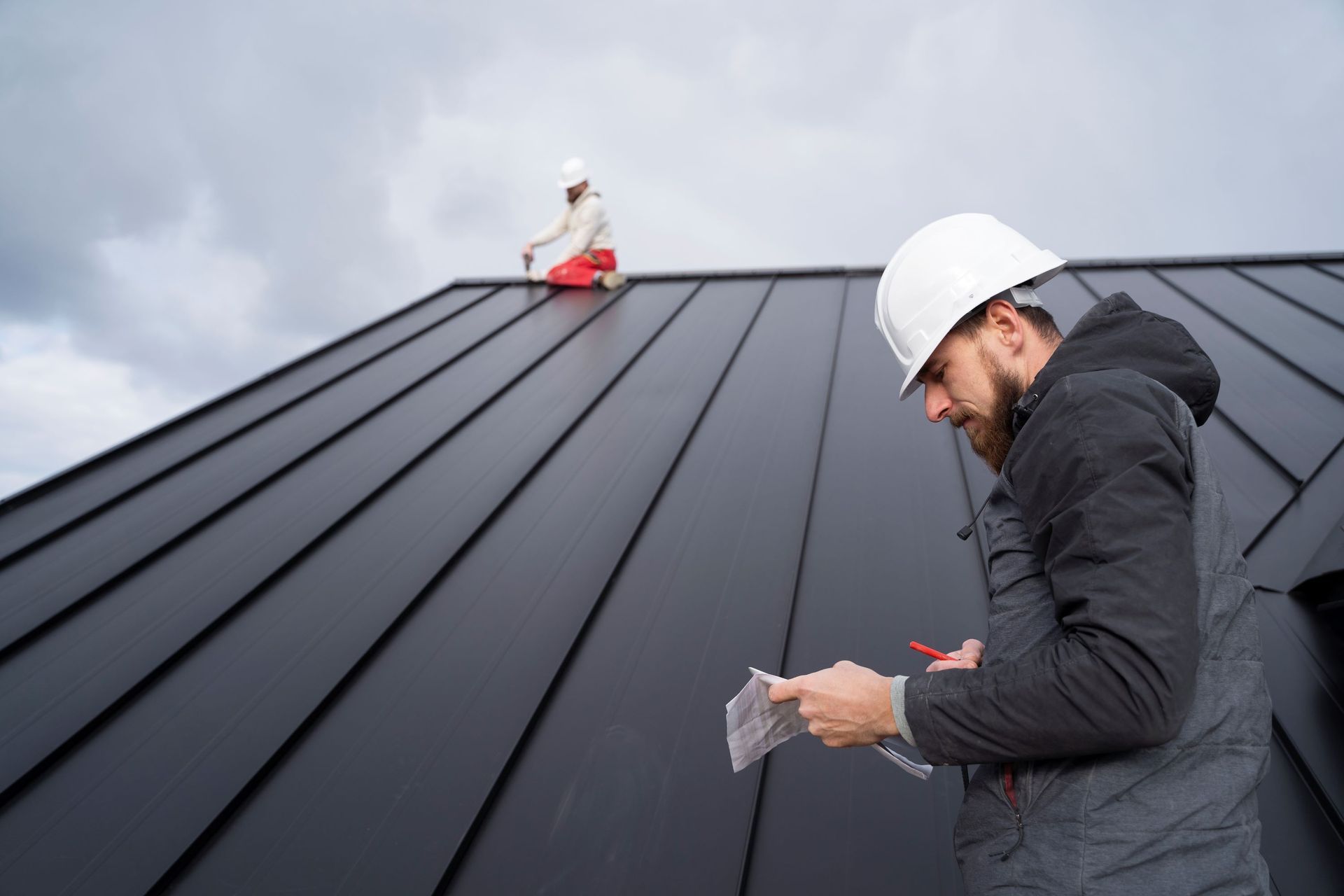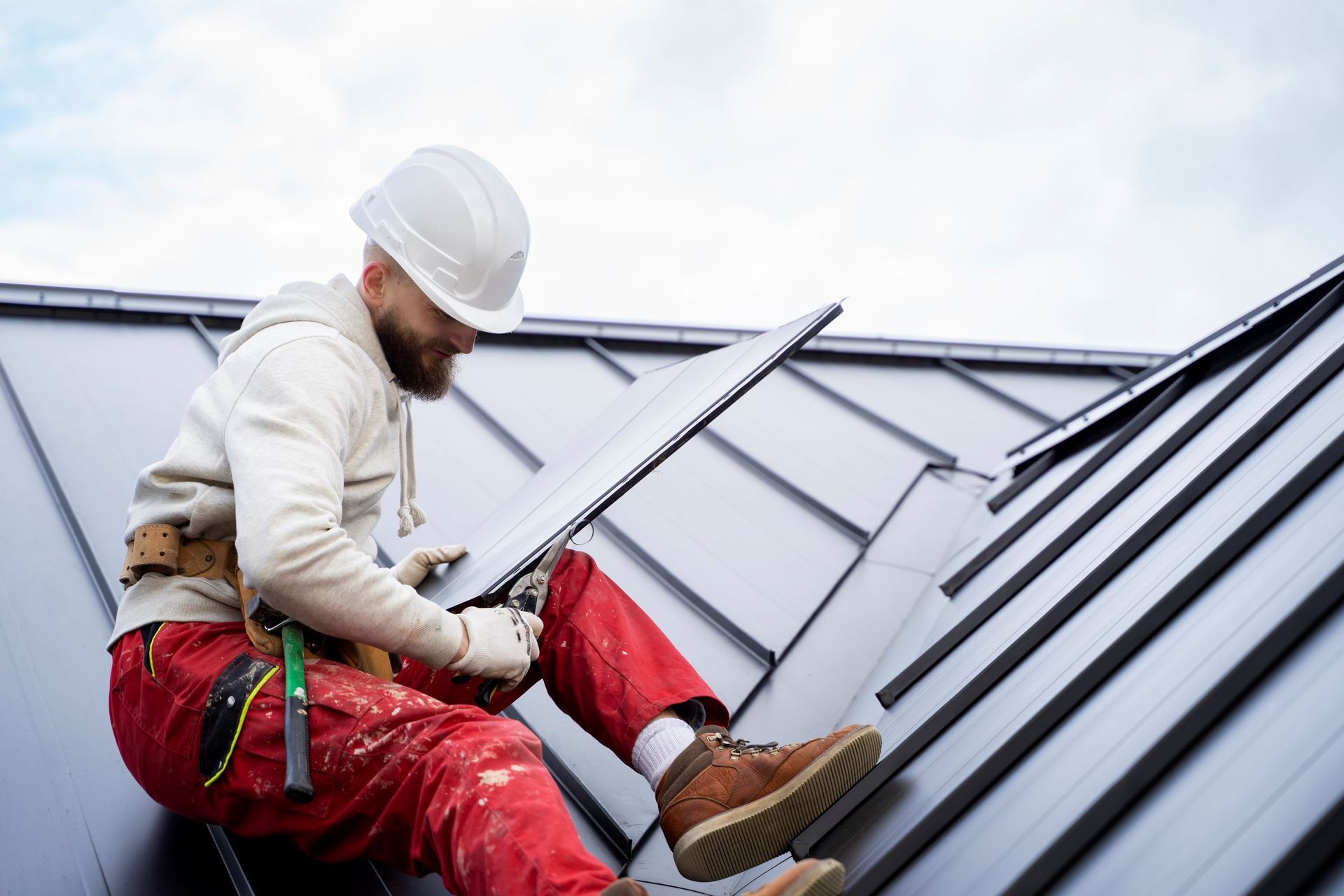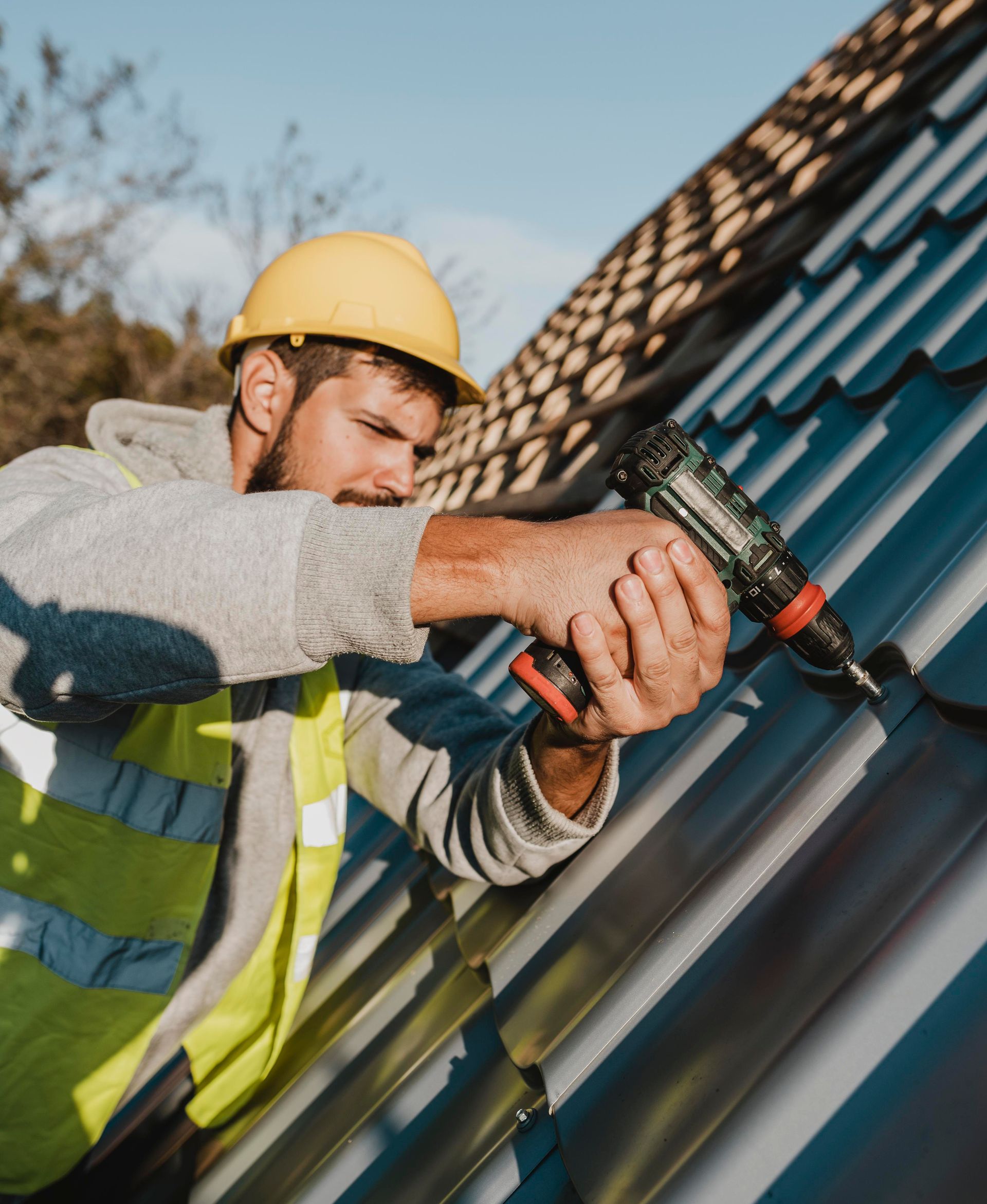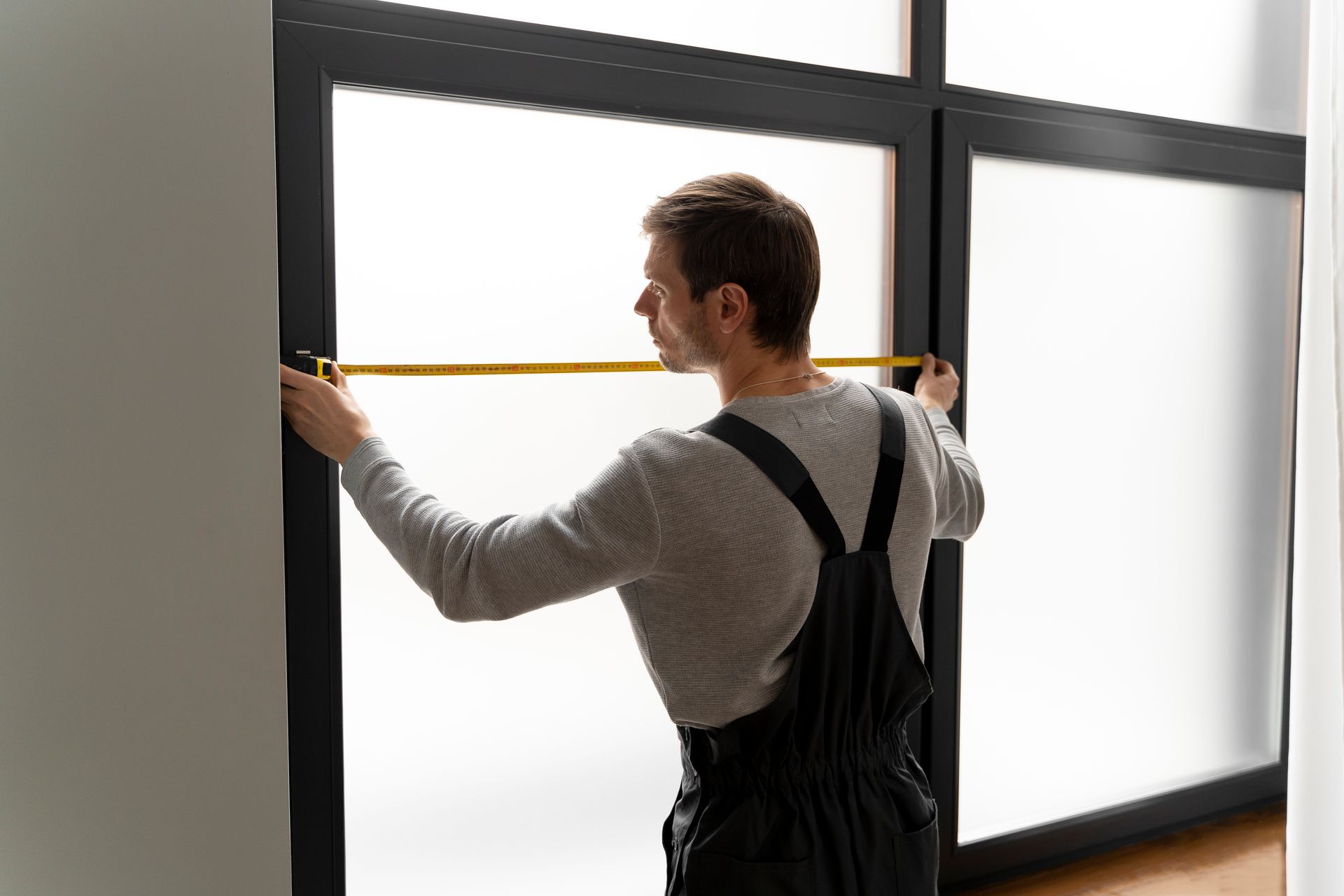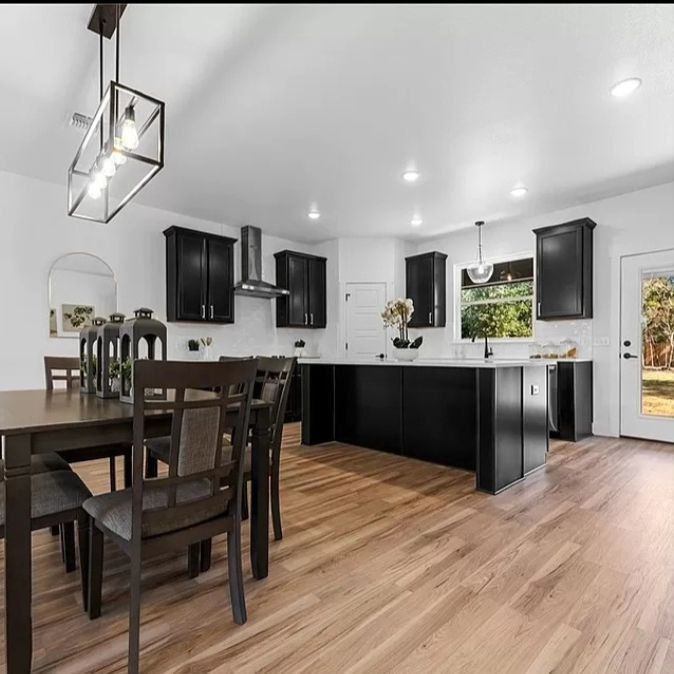The Ultimate Guide to Choosing the Right Windows for Your Home
Windows play a crucial role in any home. They are not only functional, providing light and ventilation, but also contribute significantly to the aesthetic appeal and energy efficiency of your home. With the plethora of options available in the market today, choosing the right windows for your home can be a daunting task. This guide aims to simplify the process and help you make an informed decision.
1. Understanding Your Needs
Before diving into the various types of windows available, it's essential to understand your specific needs. Consider the following factors:
a. Climate
The climate of your region plays a significant role in determining the type of windows you should choose. For instance, if you live in a cold climate, you'll need windows with excellent insulation properties to keep the heat in and the cold out. Conversely, in a hot climate, you might prioritize windows that block heat and UV rays.
b. Style of Your Home
The architectural style of your home should influence your window choice. Traditional homes may look best with classic double-hung or casement windows, while modern homes might benefit from sleek, expansive picture windows or sliding windows.
c. Budget
Your budget will also play a crucial role in your decision-making process. Windows can vary widely in price, depending on the material, size, and features. It's important to strike a balance between quality and affordability.
d. Maintenance
Consider how much time and effort you're willing to invest in maintaining your windows. Some materials, like wood, require regular maintenance, while others, like vinyl, are virtually maintenance-free.
2. Types of Windows
There are several types of windows to choose from, each with its own set of advantages and disadvantages. Here are some of the most common types:
a. Double-Hung Windows
Double-hung windows feature two sashes that move up and down. They are popular due to their versatility and ease of cleaning, as both sashes can tilt inward. They work well in most architectural styles and are ideal for providing good ventilation.
b. Casement Windows
Casement windows are hinged on one side and open outward like a door. They provide excellent ventilation and are very energy-efficient, as they seal tightly when closed. Casement windows are particularly well-suited for areas where you want to capture a breeze, such as kitchens and bathrooms.
c. Sliding Windows
Sliding windows have one or more sashes that slide horizontally. They are easy to operate and require minimal maintenance. Sliding windows are a good choice for spaces where you don't want a window to protrude, such as walkways or patios.
d. Picture Windows
Picture windows are large, fixed windows that do not open. They are designed to frame a view and allow maximum light into a room. While they do not provide ventilation, they are often used in conjunction with other window types to create a balanced look.
e. Awning Windows
Awning windows are hinged at the top and open outward from the bottom. They are often used in combination with other window types and are ideal for providing ventilation even during rain, as the glass forms an awning when opened.
f. Bay and Bow Windows
Bay and bow windows project outward from the house, creating a small ledge or nook inside. Bay windows typically have three panels, while bow windows have four or more. They add architectural interest and can make a room feel larger.
3. Window Materials
The material of your windows affects their durability, energy efficiency, and maintenance requirements. Here are some common materials:
a. Wood
Wood windows offer a classic and timeless look. They are excellent insulators and can be painted or stained to match your home's décor. However, wood windows require regular maintenance to prevent rot and decay.
b. Vinyl
Vinyl windows are affordable, energy-efficient, and virtually maintenance-free. They come in a variety of colors and styles. However, they cannot be painted, so you must choose a color that you will be happy with long-term.
c. Aluminum
Aluminum windows are strong, lightweight, and require minimal maintenance. They are often used in modern and contemporary homes. However, they are not as energy-efficient as other materials and can be prone to condensation.
d. Fiberglass
Fiberglass windows are durable, energy-efficient, and can be painted. They are more expensive than vinyl or aluminum but offer excellent performance and longevity.
e. Composite
Composite windows are made from a combination of materials, often wood and vinyl or wood and aluminum. They offer the benefits of both materials, such as the aesthetics of wood and the low maintenance of vinyl.
4. Energy Efficiency
Energy-efficient windows can significantly reduce your heating and cooling costs. When evaluating energy efficiency, consider the following factors:
a. U-Factor
The U-factor measures a window's insulation value. The lower the U-factor, the better the window insulates.
b. Solar Heat Gain Coefficient (SHGC)
The SHGC measures how much solar radiation a window allows in. In hot climates, a lower SHGC is desirable to keep heat out, while in cold climates, a higher SHGC can help with heating.
c. Low-E Glass
Low-emissivity (Low-E) glass has a special coating that reflects infrared light, keeping heat inside in the winter and outside in the summer. It also reduces UV rays, protecting your furniture and flooring from fading.
d. Gas Fills
Some windows are filled with inert gases like argon or krypton between the panes. These gases are denser than air and provide better insulation.
e. Multiple Panes
Double- or triple-pane windows have multiple layers of glass with insulating air or gas between them. More panes mean better insulation and energy efficiency.
5. Installation
Proper installation is crucial for the performance and longevity of your windows. Poorly installed windows can lead to air leaks, water infiltration, and reduced energy efficiency. It's often best to hire a professional to ensure your windows are installed correctly.
a. Professional Installation
Professional installers have the experience and tools necessary to ensure your windows are installed properly. They can also identify and address any potential issues, such as structural problems or moisture damage.
b. DIY Installation
If you're handy and have experience with home improvement projects, you might consider installing your windows yourself. However, be aware that improper installation can void the warranty and lead to problems down the line.
6. Customization Options
Many window manufacturers offer customization options to help you achieve the perfect look for your home. These options include:
a. Grilles
Grilles are decorative bars that divide the glass into smaller panes. They come in a variety of patterns and styles to match your home's architecture.
b. Hardware
Window hardware, such as locks and handles, comes in a variety of finishes and styles. Choose hardware that complements the other fixtures in your home.
c. Glass Options
In addition to Low-E glass, you can choose from a variety of glass options, including tinted, frosted, and decorative glass. These options can enhance privacy, reduce glare, or add a unique design element.
d. Colors and Finishes
Many window frames are available in a range of colors and finishes. Some materials, like wood, can be painted or stained, while others, like vinyl, come in a variety of factory finishes.
7. Cost Considerations
The cost of new windows can vary widely based on the material, style, and customization options you choose. It's important to budget for both the windows and the installation. Here are some tips to manage costs:
a. Get Multiple Quotes
Get quotes from several different window companies to compare prices and services. Make sure the quotes include installation and any additional fees.
b. Look for Discounts and Rebates
Many window manufacturers and retailers offer discounts, promotions, or rebates. Additionally, you might qualify for energy efficiency rebates or tax credits from your local government.
c. Prioritize Your Needs
Focus on the features that are most important to you, such as energy efficiency or low maintenance. It's often worth investing in higher-quality windows that will perform better and last longer.
Choosing the right windows for your home is a significant investment that can enhance your home's comfort, energy efficiency, and aesthetic appeal. By understanding your needs, exploring the different types of windows and materials, and considering energy efficiency, installation, and customization options, you can make an informed decision that will benefit you for years to come. Remember to balance your budget with the quality and features you desire, and don't hesitate to seek professional advice or installation services to ensure the best results.




